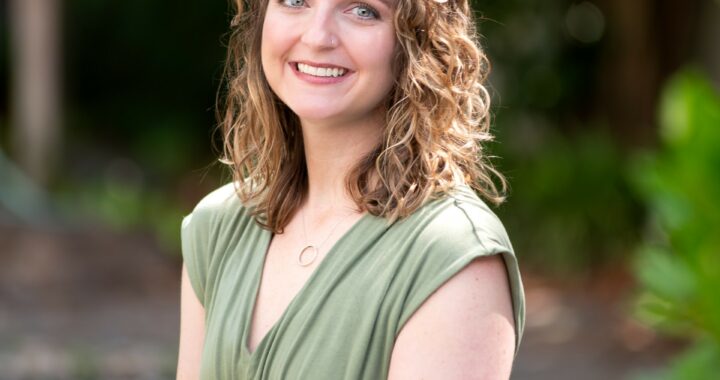In the Saddle: Equine Therapy
3 min readBy BRITTANY DEVRIES and SARAH DELANEY
After a full year of trying, Aidan McGlothin was still bumping along at the trot, not able to figure out the up-down-up-down motion to correctly post.
Aidan’s mother, Christine McGlothin, said that his favorite horse, Annie, had been in foal and was still on break from lessons until recently.
“It was incredible,” McGlothin said. “The first time Annie came back, Aidan got on her and he posted. He was glad to have her back.”
Aidan, 8 years old, has ADHD and Expressive and Receptive Language Disorder. For the past two years he has been taking lessons every week with the Therapeutic Riding Program at Hazelwild Farm in Fredericksburg.
Annie, a white pony, was the first horse Aidan ever rode.
“He never did well with organized sports like his brothers,” McGlothin said. “With this, he really connects with the horses. He is at ease with the animals.”
Posting is not the only task instructor Kristie Torline presents to the students. Within their capabilities, riders as young as 3 and as old as sixty years old do not just walk on a lead, they trot, turn, use aids, and learn basic equitation seat and positions.
McGlothin walked to the middle of the ring with her camera in hand, watching for the first time her son jump his horse over a cross rail fence.
Torline, who first got involved with the program when she saw an ad in the paper looking for volunteers in 2002, is very close with her riders and knows their strengths and weaknesses like any other trainer would with students.
“Malachi is our little speed demon,” Torline said with a laugh as a little African-American boy sped by on a bay pony named Archie.
“Each child is entirely different,” she said. “That’s why I do this—I love the kids.”
Torline was certified in 2003 by the North American Riding fr the Handicapped Association (NARHA) as a Registered Level Instructor.
The Therapeutic Riding Program, held at the same farm which hosts the UMW riding team, serves people in Fredericksburg and surrounding areas with a wide range of physical and mental disabilities, includingAutism, Asberger’s, Cerebral Palsy, Down’s Syndrome, developmental problems, visual impairments and Fragile X Syndrome.
It holds four sessions each year and each season, fall, midwinter, spring, and summer, costs $165, with $15 in administrative fees, and a $25 lesson fee.
Often, three volunteers are needed for each rider, one who leads the horse, and two on both sides of the horse to stabilize the rider if needed.
Lessons are typically run with 5-8 riders in the ring at one time.
Being entirely run by volunteer effort, the program’s success is largely due to UMW’s commitment to the effort, through COAR’s Therapeutic Riding Club.
“We couldn’t do it without the volunteers,” Torline said. “We struggle in the summer when college isn’t in session.”
Senior Sarah Restiano, the Therapeutic Riding Club leader, could not stop grinning as she finished the lesson beside a little boy named Eric Christian.
Since beginning as a volunteer during her freshman year, Restiano has watched the club grow in numbers.
“I made it apparent that it was really important to the kids,” she said. “The kids are worth it. I like that you can see improvement each week with them. They make a connection with the horses that really makes them forget they have a disorder.”
For the past four years, professor of English Mara Scanlon has been bringing her 9-year-old son, Kirby Foss, to Hazelwild for Tuesday evening lessons.
Scanlon noted that her son had been riding “with some of the same kids for several years.”
According to Restiano, the $165 fee per rider per season is quite minimal compared to the cost of conventional riding lessons. She said all of the lesson fees go straight back to the riders and the program.
Last Saturday, the program was asked to volunteer at the Buddy Walk in Fairfax, put on by the Down Syndrome Association of NOVA.
“We brought three ponies and one horse, and walked at the Government Center from 11 a.m. until 2 p.m.,” Restiano said.
Torline mentioned that the girl walking beside Aidan, alumnus Rebecca Funkhauser, was in training for Therapeutic Riding Teaching Certification, “because of her experience with the UMW program,” Torline said.


